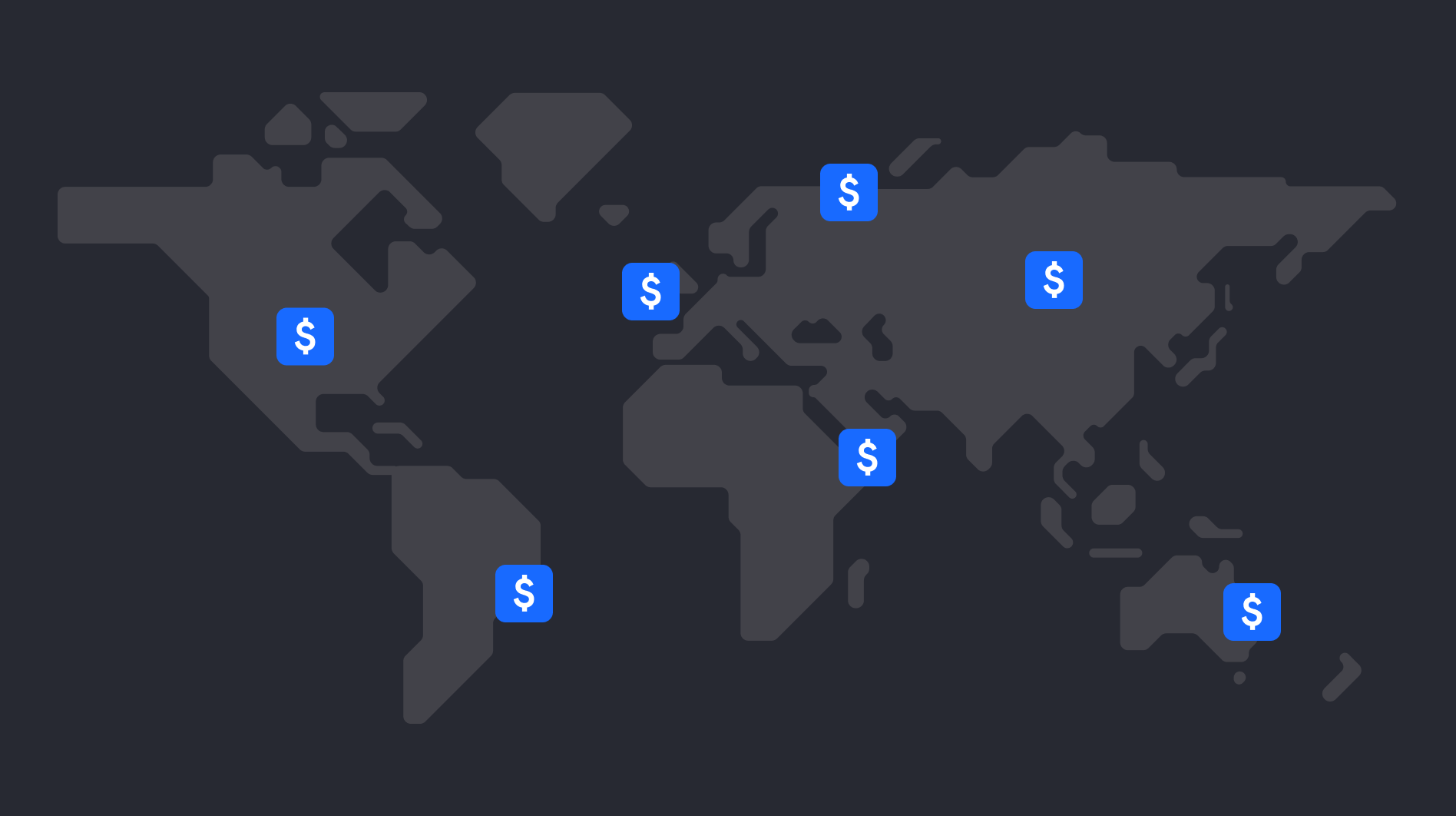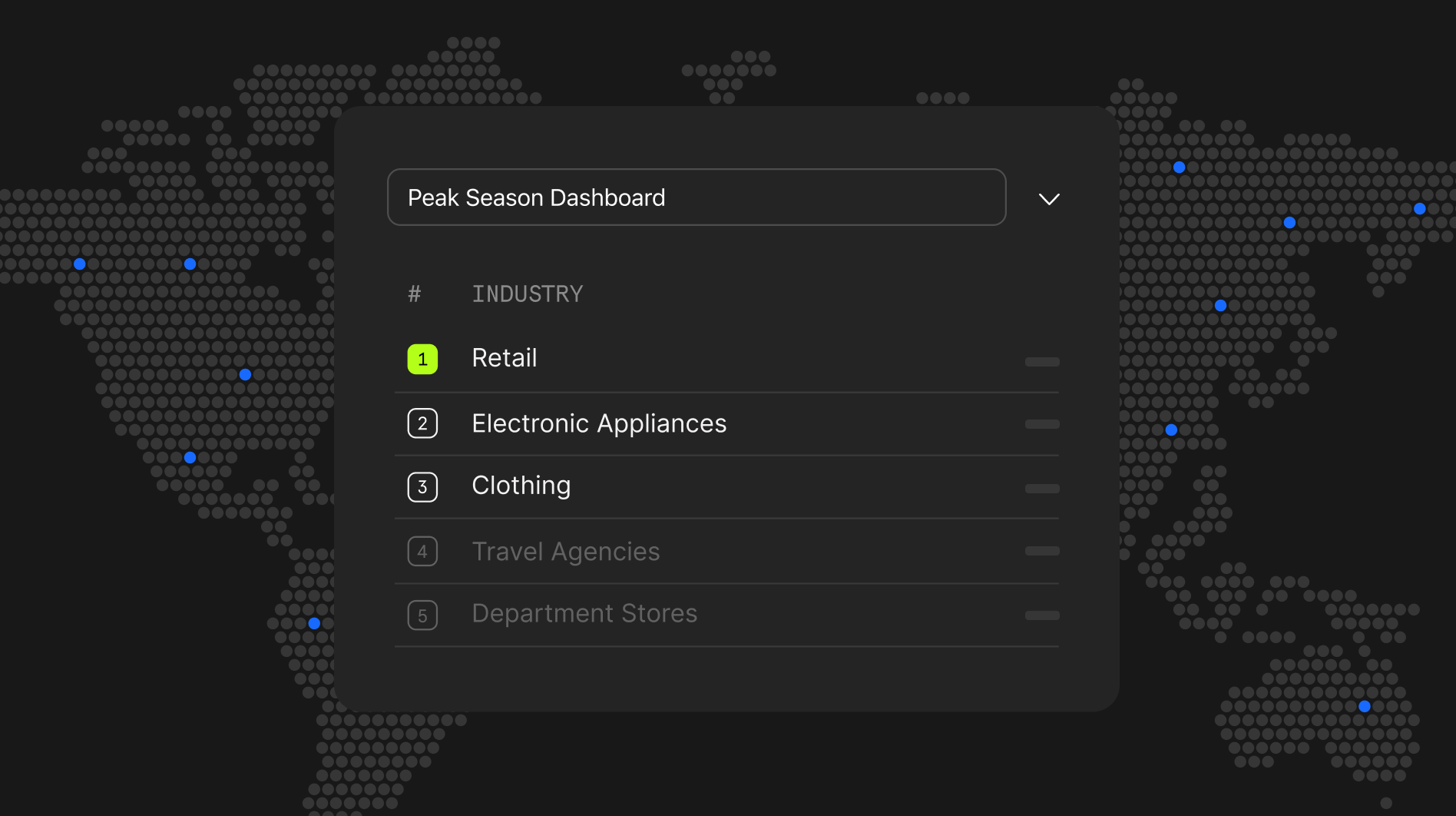In this three part series, Embracing Changing Trends in Connected Payments: Thriving in the Post-Pandemic Ecosystem, Checkout brought together experts for a three-part series. The series looked at industry developments driven by the COVID-19 pandemic and is hosted by Dan Simon of communications agency Vested.
In the second episode, of Checkout’s series on Embracing Changing Trends in Connected Payments: Thriving in the Post-Pandemic Ecosystem, host Dan Simon explored why it’s essential to embrace nuance for the future of connected payments.
To get the conversation started, Dan asked the experts about how different regions responded to the pandemic. Checkout’s Chief Commercial Officer Bradley Riss acknowledged plenty of changes had occurred over the last year, but many were existing trends that accelerated. Businesses increasingly met customers on their channel of choice, which was facilitated by broader access to 5G networks and improvements in mobile technology.
Providing a UK perspective, Andrea Dunlop, Managing Director of Payments at The Access Group, was surprised to see the ‘Nandos’ experience spread to the higher end of the hospitality sector, as in-app ordering became the norm. She also expressed concern that digital payments hadn’t catered to vulnerable people during the pandemic. That prompted banks to quickly develop solutions to meet their needs, including one-time ATM codes and prepaid cards repurposed so they could be shared with family members.
Pranay Ahluwalia, General Manager of Business Payments Products at Amazon, described how local preferences, such as credit cards in the US, ‘buy now pay later’ (BNPL) in Australia and digital wallets in India, had become even more entrenched. That said, the pandemic drove innovation, as demonstrated by European companies embracing open banking.
So what does hyper-regionality mean for merchants looking to go global?
It makes life difficult, according to Ahluwalia, as companies need to understand which payment method works best in each territory where they have a presence. He returned to the theme of innovation, pointing out how platforms like Stripe are integrating with different providers.
Dunlop agreed that finding the right partner is key to achieving success locally. There’s no shortage of options, but if alternative payments are the method of choice in a certain market, merchants have to work with them.
One size doesn’t fit all
As an emerging trend in the industry, Riss volunteered to provide some context about alternative payments. Alternative basically refers to methods that don’t involve debit and credit cards. Many have become popular in particular regions due to regulations and consumer preferences.
Alternative payments try to solve a problem such as speeding up transactions, improving remittances or extending lines of credit (like BNPL), but they don’t provide a universal solution. Each company has to figure out which payment method works best for their customers and their business. BNPL may be suitable for retailers, but it won’t work for brokers.
Which alternative payments should merchants leverage?
Merchants need to find out how their customers want to make payments, explained Riss. The provider’s job is to facilitate this process. Checkout’s platform plugs into local channels across the globe, allowing merchants to access them all through one connection.
In terms of other options when expanding into a new region, Dunlop argued that companies should use whichever payment method improves the customer experience and lowers the abandonment rate. As a merchant, Ahluwalia wants to offer as many options as possible. After all, customers may have a better chance of getting credit through a BNPL provider than a card company.
The unbanked
Returning to the topic of financial inclusion, Dan wanted to explore whether the rise in digital payments during the pandemic left some consumers behind.
Their voices are generally unheard so it’s hard to pinpoint the challenges, but Riss highlighted how innovation provided solutions in some parts of the world. Grab, originally a taxi-hailing app before expanding into food delivery and digital payments, acquired an Indonesian company called Kudo to build an agent network in remote locations which could accept cash and transfer it to mobile wallets.
Ahluwalia reported increased demand for Amazon Cash, the ecommerce giant’s prepaid card. Amazon partnered with various financial institutions so customers could lodge cash at a branch and add it to their card.
Easing the regulatory burden
The conversation then turned to regional differences in regulations. Riss pointed out that a lack of global harmony means local payment methods have their own terms and conditions. When establishing global payment processing, merchants must work with providers to find the right balance between meeting regulatory requirements and minimising friction in the customer journey. Checkout carries this burden, allowing merchants to focus on selling their products.
Dunlop credited the UK’s Financial Conduct Authority with taking a progressive approach to regulation. She predicted open banking will provide exciting opportunities over the next few years. The additional data that becomes available will lead to the development of innovative products which improve access to financial services. Ahluwalia was also excited about the potential for open banking as it will allow Amazon to offer credit to customers.
As for how Brexit has impacted payments between the UK and EU, Dunlop praised the industry for planning ahead and securing the necessary licenses. But Riss believes it’s still early days and questions remain, such as whether UK issuers will start charging fees for customers making transactions in Europe.
Looking ahead
As the conversation concluded, the experts shared predictions for the industry over the next 12 to 18 months.
Ahluwalia believes we’ll see more of the same- online sales will grow, customers will continue to use their preferred payment methods and innovation will flourish.
Riss returned to the theme of compliance and suggested a global standard will emerge for Strong Customer Authentication (a way for payment providers to verify identity or validate an instruction).
Finally, Dunlop wondered about growth in the use of cryptocurrency which the big card companies seem to be embracing, while she also expects in-app and embedded finance solutions to become more prevalent.
Watch the on-demand webinar to learn more about how COVID-19 is creating opportunities for innovative merchants to transform and grow their businesses. Or, find out what was covered in the previous episode.















.png)
